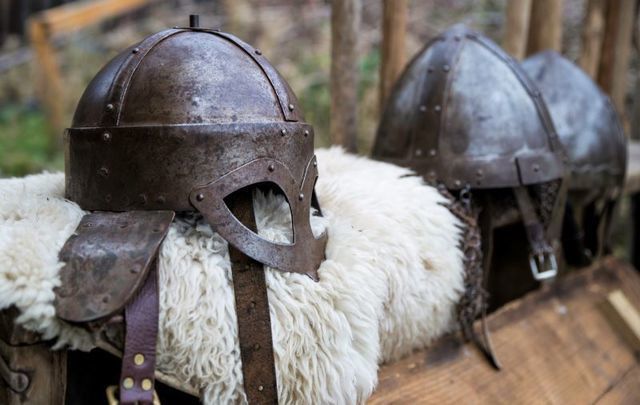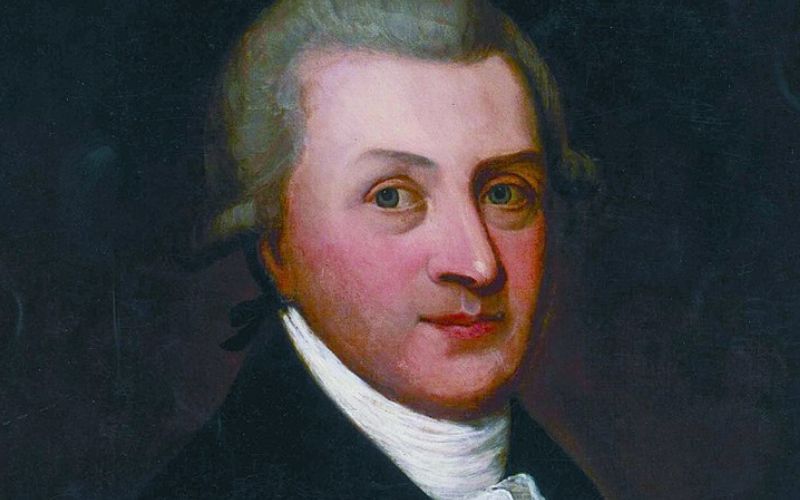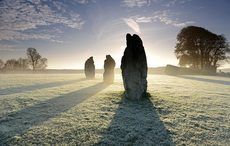Although the Vikings were only in Ireland for a relatively short period of time, they have left a considerable legacy on Irish surnames.
There are plenty of examples of Viking-inspired surnames in Ireland, with a total of 97 names believed to have Viking roots, according to Sean de Bhulbh’s "Sloinnte na hÉireann: Irish Surnames."
McAuliff, for example, means "son of Olaf," while McBirney is translated from "son of Bjorn."
The common Irish surname Doyle, meanwhile, is an Anglicisation of Ó Dubhghaill, which literally translates as "son of the dark (evil) foreigner." Such a description seems to sum up how Irish people perceived the Vikings.
There are several other common Irish surnames that have a clear Norse origin.
O'Loughlin and Higgins, for example, both stem from Irish words that literally mean Viking - Lachlann and Uigínn.
In 2015, John Grenham noted in The Irish Times that there is no such thing as a Viking surname since hereditary surnames were only introduced in Scandinavia in the 18th century.
Hereditary surnames still don't exist in Iceland, where personal names only last for a single generation.
Grenham explained that Viking settlers adopted Gaelic naming practices, dropping their own single-generation names.
Grenham added that people in Medieval Ireland were perfectly happy to adopt Viking-inspired surnames, a sign of how important naming practices were in ancient Ireland.
The practice of hereditary surnames appears to have developed earlier in Ireland than in other European countries and it appears to have coincided with the arrival of the Vikings.
* Originally published in 2022, updated in July 2024.




Comments